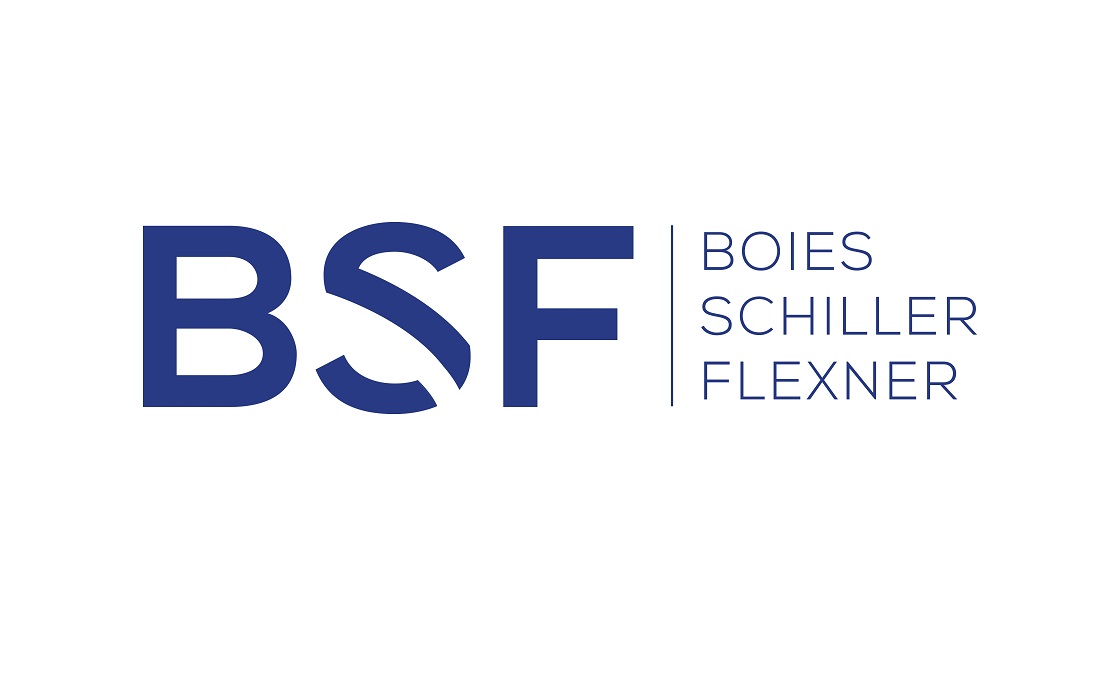Boies Schiller Flexner (UK) LLP ("
BSF") is building a group of investors across
Europe and
Asia who invested in Credit Suisse's
US$10bn Supply Chain Finance Funds ("
SCFFs"). It is intended that the group will pursue Credit Suisse, including through litigation if necessary, to recover losses suffered with respect to the investments made in or with Greensill Capital. The firm takes the view that investors have credible claims against Credit Suisse for misrepresentation and mis-selling, which should be brought in a co-ordinated manner across jurisdictions. Investors should contact
greensill@bsfllp.com for further details.
Background Credit Suisse entities pro-actively marketed and sold investments in the SCFFs as cash-equivalent and low risk investments. In fact, the SCFF assets were notes backed by existing and future trade receivables originated and structured by Greensill Capital. In
March 2021, Greensill Capital, the main trading entity and treasury company for the Greensill group, ceased trading and went into administration. Whilst facts continue to emerge, there appear to be multiple failures which led to the collapse, including an over-exposure to certain businesses, financing of risky future (as well as current) receivables, and an inability to maintain insurance coverage. The SCFFs were closed by Credit Suisse on
1 March 2021 and the funds are being liquidated. It is anticipated that there will be a significant shortfall in recoveries for investors into the funds.
The Investor Group BSF is putting together a group of international investors to pursue a cohesive and proportionate litigation strategy to recover losses, namely the shortfall that will not be met through redemptions from the Greensill estate. This litigation strategy is anticipated to span relevant jurisdictions across
Europe and
Asia, with BSF acting as global litigation counsel. Investors will be eligible to join the investor group if they held (as at
1 March 2021) or hold (at the time of participation in the group) shares or interests in shares in the SCFFs, being: (i) Credit Suisse (Lux) Supply Chain Finance Fund, (ii) Credit Suisse Nova (Lux) Supply Chain Finance High Income Fund, (iii) Credit Suisse Nova (Lux) Supply Chain Finance Investment Grade Fund, and (iv) Credit Suisse Supply Chain Finance Investment Grade. There is no jurisdictional restriction: investors across
Europe and
Asia are able to join the group.
The Litigation Strategy A cohesive investor group acting together will be well-placed to maximise recoveries with respect to the SCFFs, and protect interim value. Whilst there is uncertainty as to recoveries via the Greensill estate and losses have not yet crystallised, the litigation strategy is designed to recover losses for which Credit Suisse is responsible – both through the sale of the securities as well as its management of the portfolio. The litigation will focus on mis-selling claims against Credit Suisse entities involved in the structuring and sale of investments, mis-management claims regarding the SCFFs investments, and, potentially, broader conspiracy and other tortious claims. It is anticipated that litigation will be brought in
England and potentially
Luxembourg and/or
Switzerland, making use of case management procedures to maximise the efficiency of a group of investors acting together. BSF can provide detailed advice once an investor is a member of the group (and subject to diligence of the investor's interests in the SCFFs).
Risk / Secondary Trading There is significant interest in both third party funding of litigation and of secondary trading in the shares and litigation rights. BSF is working with various parties in this regard. Investors interested in secondary trading should take advice to ensure rights and claims are transferred. BSF can provide further details to interested parties. The BSF team can also arrange third party funding for interested investors, creating zero economic risk in the bringing of proceedings to recover their losses.
BSF BSF is an elite litigation practice with significant experience in creditors' rights, class actions and strategic litigation in restructuring and insolvency matters. It has a track record of delivering value for its clients through strategic litigation in
England and across Europe. BSF and its lawyers have created value for investors through cohesive litigation strategies in respect of the Icelandic banks (Kaupthing, Glitnir, Landsbanki), Lehman (US and UK), bank restructurings and collapses in the UK,
Ireland,
Cyprus,
Greece,
Spain,
Portugal and
Austria, and multiple corporate restructurings. It is currently litigating against Credit Suisse before the English Courts, with respect to the Proindicus debt. The BSF team will be led by
Natasha Harrison, Deputy Chair and Managing Partner of BSF, and Fiona Huntriss, Partner. BSF is working with
Luxembourg, Swiss and other local counsel.




